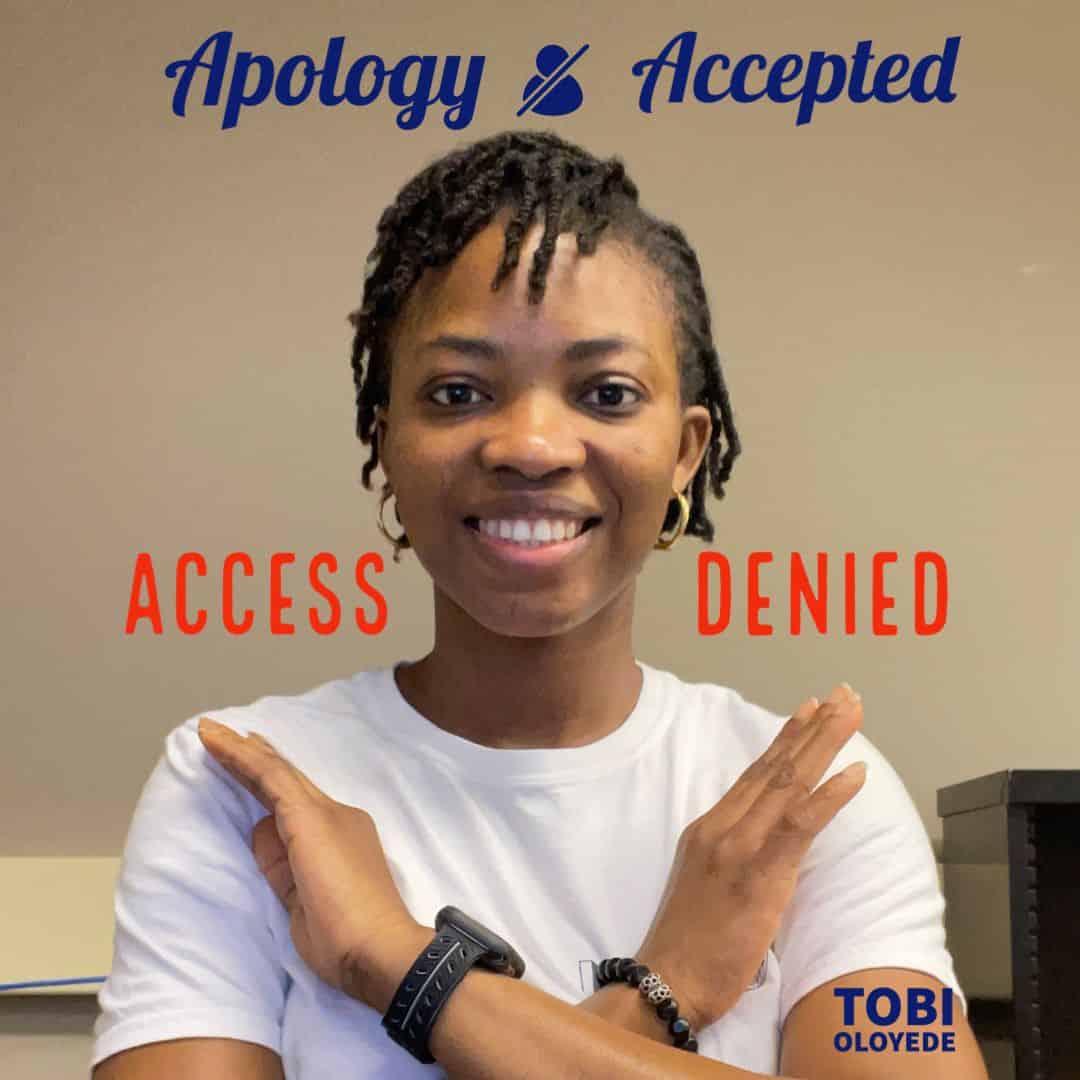Here I am thinking about trust, forgiveness, faith, and boundary-personal space. I know many people take time to allow others to earn their trust, but it’s the opposite for me.
Once my intuition does not tell me otherwise, I trust you first and figure things out however they play out. I’m guessing you’re shaking your heads right now, even feeling bad for me or wondering how gullible of me. I know right. It’s funny how I don’t even give up after being served my first hit. I give you more chances just because I think no one is perfect as we all are striving towards being and doing better (doing this is hard and painful).
For some of us, we don’t retreat when things get tough- we thrive and that’s how we build resilience. For some of us, we cut off, unfriend, or block instantly, and that in itself takes a special kind of skill set to do that (some of us don’t have that skill and courage if I may call it that).
You can forgive someone and yet not accept them back into your life. It’s simply no longer trusting them.
I forgive you and I hold no grudge, but we must accept that the relationship or happening is just not understandable or acceptable by both parties. Thus, each person holds on to their belief and that is fine. That has a thing or two with personal healthy boundaries.
As a work in progress, there are times I lash out because of anger. One question is “how do you react when you are angry, when your trust is broken or when your personal boundary is disrespected?”

Roy Lewicki, a lead author of the study and professor emeritus of management and human resources at The Ohio State University’s Fisher College of Business posits that “apologies really do work, but you should make sure you hit as many of the six key components as possible,” The six elements include:
· Expression of regret
· Explanation of what went wrong
· Acknowledgment of responsibility
· Declaration of repentance
· Offer of repair
· Request forgiveness
Lewicki affirms that at least two of the elements must be presented by the offender for you to think about forgiving or more. In all, give yourself the right to consider yourself first, to consider how the situation affects your peace and mental health. As an act of generosity, forgive, but do not be disrespected.
Read more: The 6 elements of an effective apology, per science |The Ohio State University https://news.osu.edu/the-6-elements-of-an-effective-apology-according-to-science/




1 Comment
Azeez
I think it depends on the situation as some situation are more dire than others. In some cases, you forgive and observe before giving a second chance, at other times, you forgive and deny access.